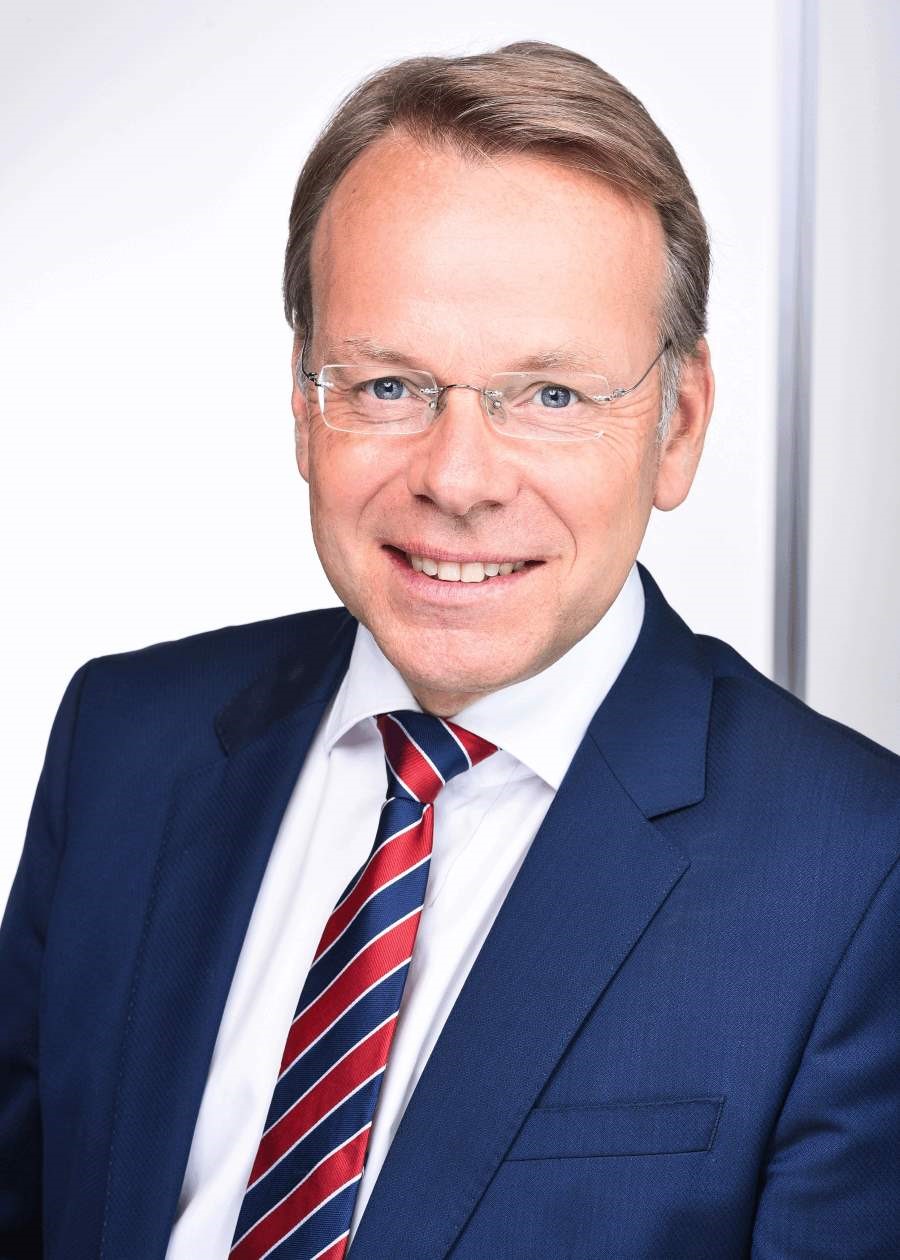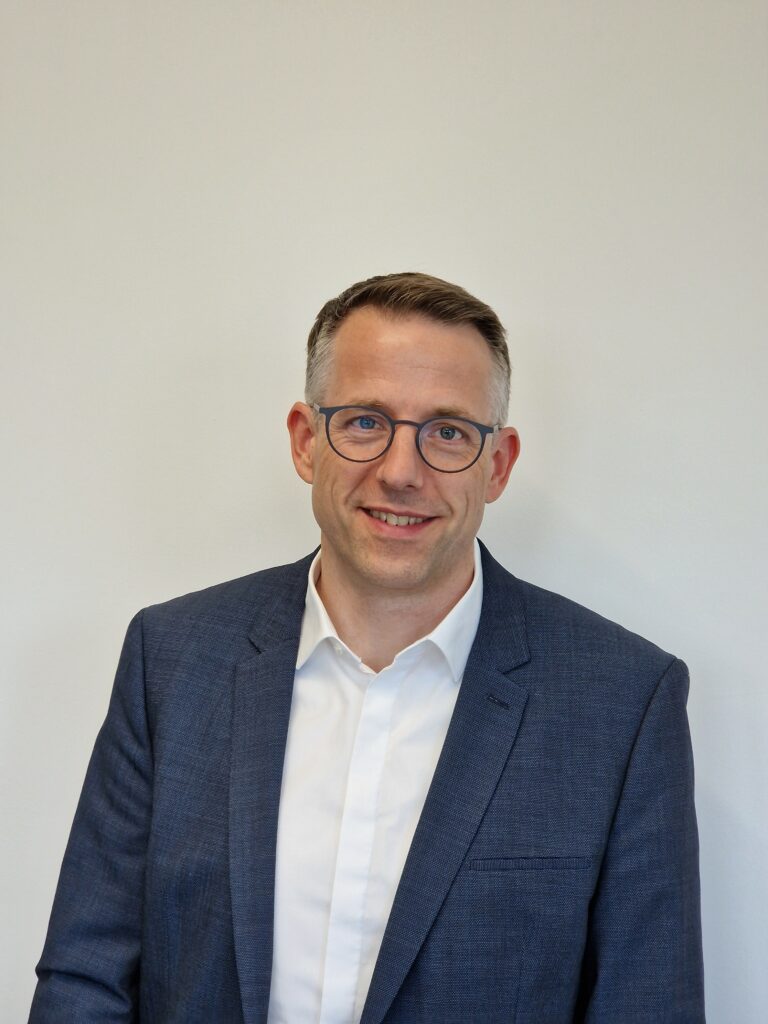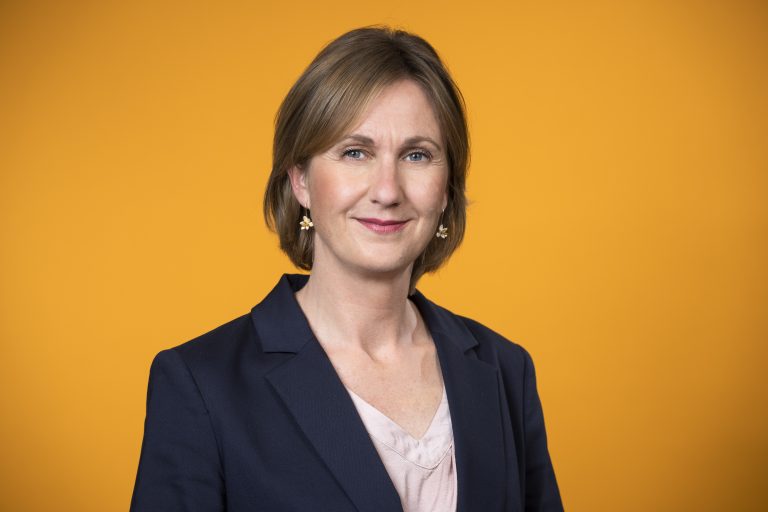In this interview, Dr. Axel Sondermann, Executive Director Consulting at DB E&C, talks about his career history, consulting in an international infrastructure context and intercultural work at DB E&C.

Contact
DB Engineering & Consulting
EUREF-Campus 14
10829 Berlin
Germany
1. Tell us about how you got to where you are now and what you like most about your current job?
“I am originally a businessman and business economist, so not an engineer, but I have now gained over 25 years of professional experience. I spent half of this time working in consulting and the other half in management positions in the rail and bus sector, both at Deutsche Bahn and outside, in Germany and abroad. My current role at DB E&C, a subsidiary of the DB E.C.O. Group, unites all of my consulting skills and professional experience in operations in the mobility sector. This helps me to be fully absorbed in this position, especially with the many projects that we manage nationally and internationally.”
2. What makes working at DB E&C so unique?
“At the DB E.C.O. Group we deal with the entire supply chain. We not only take care of the operation of rail and bus systems, but also the infrastructure behind them. Many transport companies have separate units for these disciplines, but we have everything under one roof. Another point is that I am working on an international level here. In my previous positions, especially in Germany, the geographical field was limited, whereas here we operate globally. There is also a strong focus on digital and green transformation, which is also an important part of our consulting work.”
3. You mentioned digitalization. What current trends or developments have had the greatest influence on your work?
“The economic efficiency is something that has influenced me throughout my career. Of course digitalization and sustainability are important issues, but ultimately we always need to achieve the greatest possible benefit with tight public funds and limited resources. This is true for freight and passenger transport alike. Digitalization can of course help enormously, but the core issue is to make these systems economically stable in the long term.”
4. What do you think applicants should bring to the table if they want to work in consulting?
“There are certain basic requirements that are important in any consulting role: analytical skills and strong written and oral communication skills. Language skills are also important. Written and spoken English is a must, but other foreign languages are also very useful. We also appreciate candidates with an interest in mobility and logistics or previous experience in this field. Intercultural competence is particularly important, as our consulting projects are often located in other countries, e.g. in Eurasia, Africa or the USA. You have to be flexible and adaptable in order to be able to work successfully in these different cultures.”
5. Do candidates also need to be willing to travel or can a lot of things be done remotely now?
“Anyone who works for us should definitely be willing to travel. Online tools make it possible for us to do a lot remotely, but that depends on the project. Much of the work for feasibility studies can be done remotely. But when we work on on-site projects, for example at construction sites, we need to be there in person. Our work thrives on interpersonal relationships, and in-person meetings are often essential if we want to achieve the best results. So we expect our employees to be flexible, both for short trips and for longer assignments on site.”
6. Can you tell us about a project that has had a particular impact on you?
“This was the transformation of the Kazakh railroads that I worked on in 2019/2020. It was a comprehensive program designed to modernize the entire passenger transport system, from redesigning the transport network and purchasing new vehicles to introducing a new IT strategy. The project has been a challenge, not only because of the technical solutions, but also because of the intercultural cooperation. Everything was in Russian, and we have integrated Deutsche Bahn managers into the company on site. It was a great example of what we are able to mobilize when we are given such a broad assignment, and that has left a lasting impression on me.”
7. Finally, can you give us five key words about what makes consulting at DB E&C exciting?
“First, exciting projects in mobility and transportation – not just minor projects with little impact, but major issues that really make a difference and require real expertise. Second, global activity – we do business on all continents. Third, great colleagues – an incredibly diverse and heterogeneous team. Fourth, genuine passion – everyone is passionate about the cause. And fifth, competitive employment conditions – we offer fair pay, good development opportunities, a lot of flexibility and a good work-life balance.”





